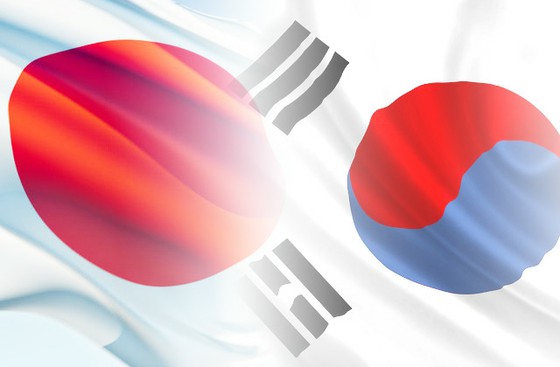 |
Even in the pandemic, the Japanese job market is good. Even if you are a high school graduate, there is no big difficulty in finding a job. The employment rate of university graduates exceeds 90%. The same is true not only in the metropolitan area but also in local universities. At Kanda University of International Studies, which specializes in languages, most of the graduates of this year got a job. An official at Kansai University said, "Most of the liberal arts students will be hired one year before graduation."
Even if the Japanese economy is in a secular stagnation of 20 years or more, employment is sufficient because the labor force of young people due to low childbirth and aging is insufficient. Unlike South Korea, which is centered on large companies, there are many small and medium-sized companies that can work stably. However, it must be taken into consideration that the salary is not as high as expected compared to large Korean companies. Even with these points in mind, the Japanese market could be a good alternative for Korean youth who are facing employment difficulties.
Recently, in South Korea, the number of successful cases of collaboration with Japan is increasing in the cultural industry as well. At the 75th Cannes International Film Festival held at the end of May, Song Kang Ho, who performed enthusiastically in the movie "Baby Broker", won the Best Actor Award and became Hot Topic. This is the first Korean movie directed by Japanese master Hirokazu Koreeda. If a horizontal division of labor between Japan and South Korea is achieved in movies, TV series, popular songs, etc., more connection can be expected in the global content market.
At the 54th Japan-Korea Business Council held on May 30th, we were able to get a glimpse of the possibility of changes in bilateral relations. The theme of this conference, which was held online between Seoul and Tokyo, was "a new stage of the Japanese and Korean economy." The atmosphere at the site was very enthusiastic, with a large number of political, governmental, and business people from both countries attending. Kim Yun, chairman of the Japan-Korea Economic Association, said, “In recent years, complex political and diplomatic conflicts have been a big lesson, and companies in both countries must cooperate without wasting time in that relationship", he said." We must unravel the cold relations between the two countries through symbiosis and personal exchanges between local governments."
There are signs that Japan-South Korea relations, which have been the worst since the normalization of diplomatic relations in 1965, will gradually improve. This is because tensions are rising in the East Asian region due to the Ukrainian war and the US-China hegemony competition. Both Japan and South Korea have a greater need for reconciliation than before because of their peace and economic growth. In addition, the difference in national power between Japan and South Korea has narrowed, and the soil that can escape from the "Japan Complex" has been built. From now on, it is time for Japan and South Korea to overcome the bad ties of the past and compete in good faith in the global market. If the two countries work together, we can build a new future.
Choi In-han, Director of Korea's "Current Affairs Japan Research Institute"
2022/06/20 09:29 KST


